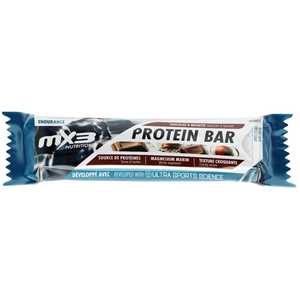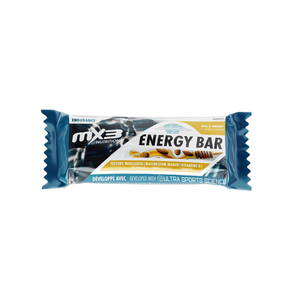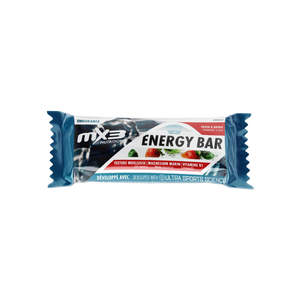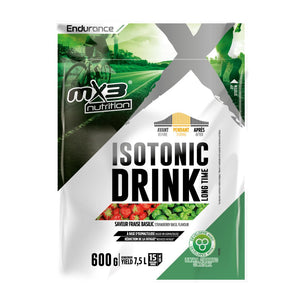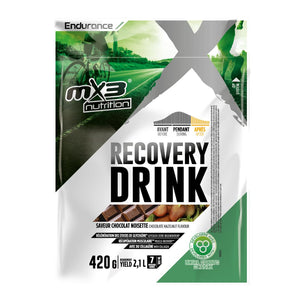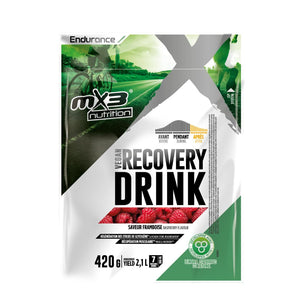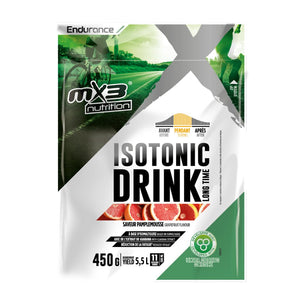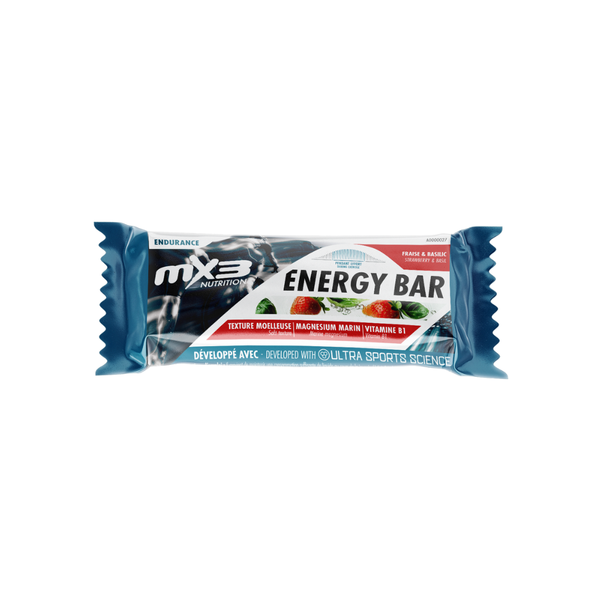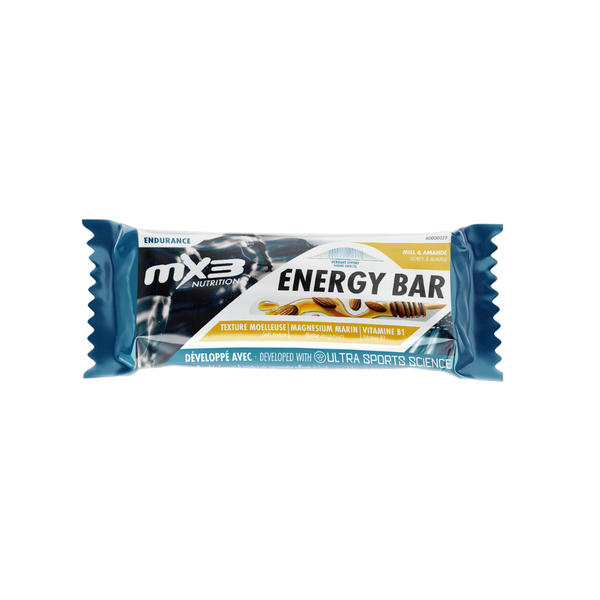Essential Branched Amino Acids or BCAAs: the dangers!
Essential Branched Chain Amino Acids (BCAAs) are fundamental nutrients widely used by athletes for their purported benefits on physical performance and recovery. Composed of three specific amino acids - leucine, isoleucine and valine - BCAAs are often consumed in the form of supplements to complement the diet of athletes. However, as with any dietary supplement, it is important to understand both the benefits and drawbacks associated with their use as part of a sports diet.
The real dangers of BCAAs in sports
Essential Branched Chain Amino Acids (BCAAs) are often touted for their purported benefits in sports and bodybuilding. However, as with any dietary supplement, it is important to understand that there are potential risks associated with their use, particularly when taken excessively or inappropriately. Let's take a closer look at these risks for athletes:
Renal toxicity
Excessive consumption of BCAAs can put extra strain on the kidneys, which can lead to long-term kidney toxicity. This is of particular concern for people who already have kidney problems or who consume other protein supplements in addition to BCAAs.
Amino acid imbalance
BCAAs are only three of the nine essential amino acids needed by the body. Overconsumption of BCAAs can lead to an amino acid imbalance in the body, which can negatively affect protein synthesis and other metabolic processes.
Drugs interactions
BCAAs may interact with certain medications, including diabetes medications, blood pressure lowering medications, and liver disease medications. These interactions can cause unwanted side effects or reduce the effectiveness of medications.
Side effects
Overconsumption of BCAAs can lead to adverse effects such as gastrointestinal upset, nausea, vomiting, and headaches. These side effects can compromise athletic performance and overall quality of life.
Ineffectiveness for certain athletes
BCAAs may not be beneficial for all athletes. For some athletes, a balanced and varied diet can provide all the necessary amino acids without the need for supplements.
Although BCAAs may offer some benefits as part of a sports diet, it is important to consume them with caution and moderation. Athletes should consult a healthcare professional or nutritionist before starting to take BCAA supplements, especially if they have pre-existing health conditions or are taking other medications. Judicious use of BCAAs, combined with a balanced diet and a suitable training program, can help optimize sports performance while minimizing health risks.
BCAs: summary of the advantages and disadvantages,
The benefits of BCAAs
Stimulation of protein synthesis
Stimulation of protein synthesis
Leucine, in particular, plays a key role in stimulating muscle protein synthesis, which can promote muscle growth and recovery after exercise.
Reduced muscle fatigue
BCAAs may help reduce muscle fatigue during exercise by providing an alternative source of energy to the muscles.
Preservation of muscle mass
During periods of calorie restriction or intensive training, BCAAs can help preserve muscle mass by preventing the breakdown of muscle proteins.
Improved athletic performance
Some athletes report improved endurance and strength when consuming BCAAs before or during exercise.
The disadvantages of BCAAs
High cost
BCAA supplements can be relatively expensive compared to other dietary protein sources.
Potential for excess
Excessive consumption of BCAAs can lead to an imbalance of amino acids in the body, which can have adverse health effects.
Interaction with other supplements
BCAAs may interact with other supplements or medications, potentially causing side effects or reducing their effectiveness.
Not always necessary
For many athletes, a balanced and varied diet can provide sufficient BCAAs without the need for supplements.
In summary, BCAAs can be a useful tool in an athlete's nutritional arsenal, but they are not essential for everyone. Before you start taking BCAA supplements, it is important to consult a healthcare professional or nutritionist to determine if it is appropriate for your individual needs and athletic goals.

